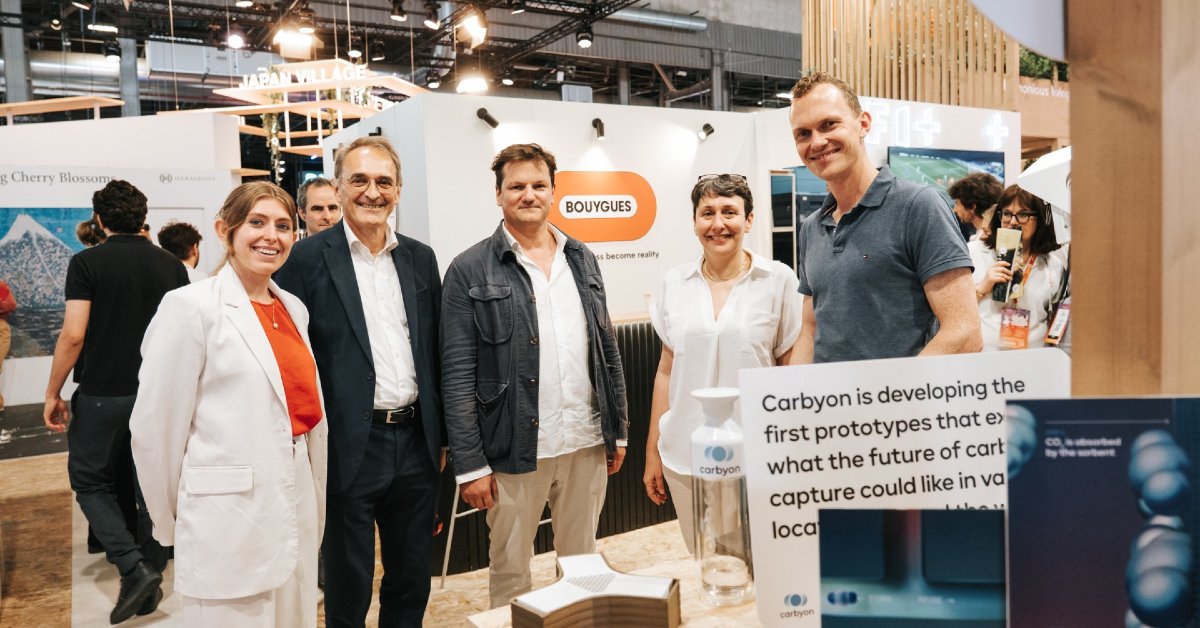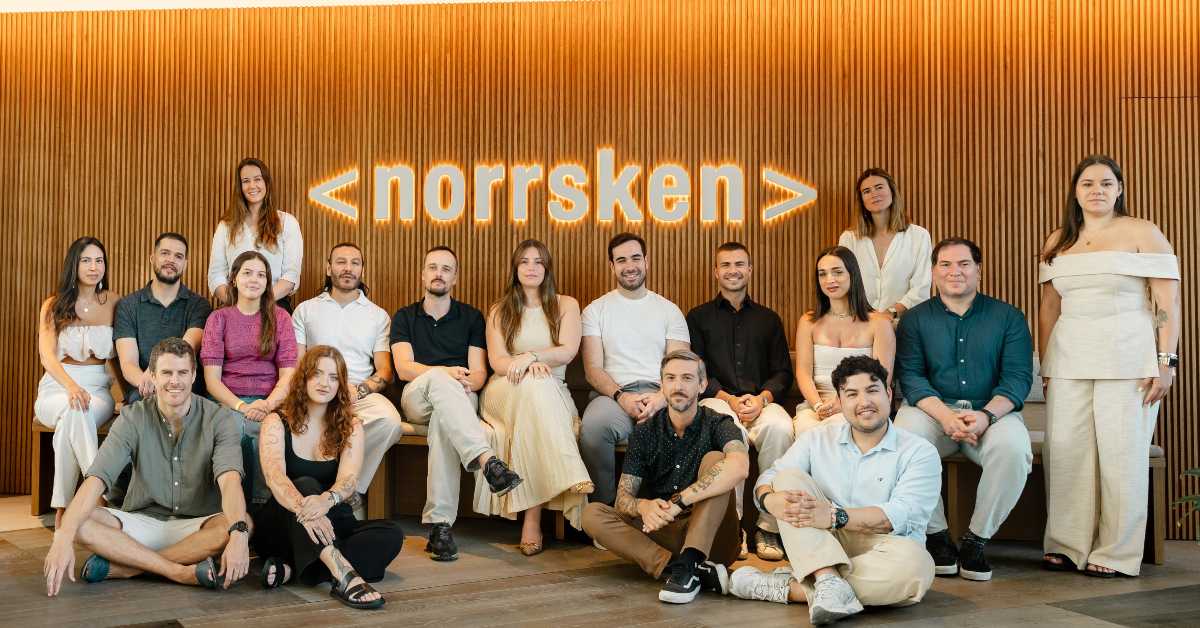CerbAir, a French defense, and security company that was launched in 2015, has secured €5.5 million in funding recently. Back in December 2017, CerbAir secured €1.5 million in a funding round with the help of several investors include Denis Gardin from MBDA, Jean-Michel Aulas, with his family office HOLNEST and Technofounders, the French accelerator that kick-started CerbAir.
With an estimated 10 million consumer drones in circulation today, the market is expected to rise to over 50 million by 2025. More than just a toy, these off-the-shelf UAVs (Unmanned Aerial Vehicles) are now being used for more sinister actions.
As per the company claims, drones are easy to purchase over the counter at affordable prices, and the threat is becoming ever more present.
However, CerbAir, with its state-of-the-art radio-frequency technology embedded in mobile or fixed anti-drone solutions, civilian drone threats can be detected from far away (up to 5km/3 miles).
Once detected and characterized, counter-measures can immediately neutralize the drone by forcing it to land through a mix of advanced jamming and hacking technology.
The company successfully commercialized its Anti-Drone Solutions at the beginning of 2017, notably within special forces worldwide, Prisons, VIP Villas, or Security Companies.
Lucas Le Bell, CEO of CerbAir:
The aim of CerbAir is to become the go-to anti-drone solution in this ever-evolving industry. Our tailor-made toolbox approach means that we can deliver cost-effective solutions that adapt to all client needs. One of our main selling points is our capacity to detect and pin down a drone before it even takes-off, even from several miles away. We couldn’t be happier with today’s funding round. We will enhance our offer with more features – ever more innovative ones –, boost commercial development while we stay in touch with the needs expressed in the field.
Main image credits: CerbAir
Stay tuned to Silicon Canals for more European technology news










01
From telecom veteran to Dutch Startup Visa success: The Jignesh Dave story